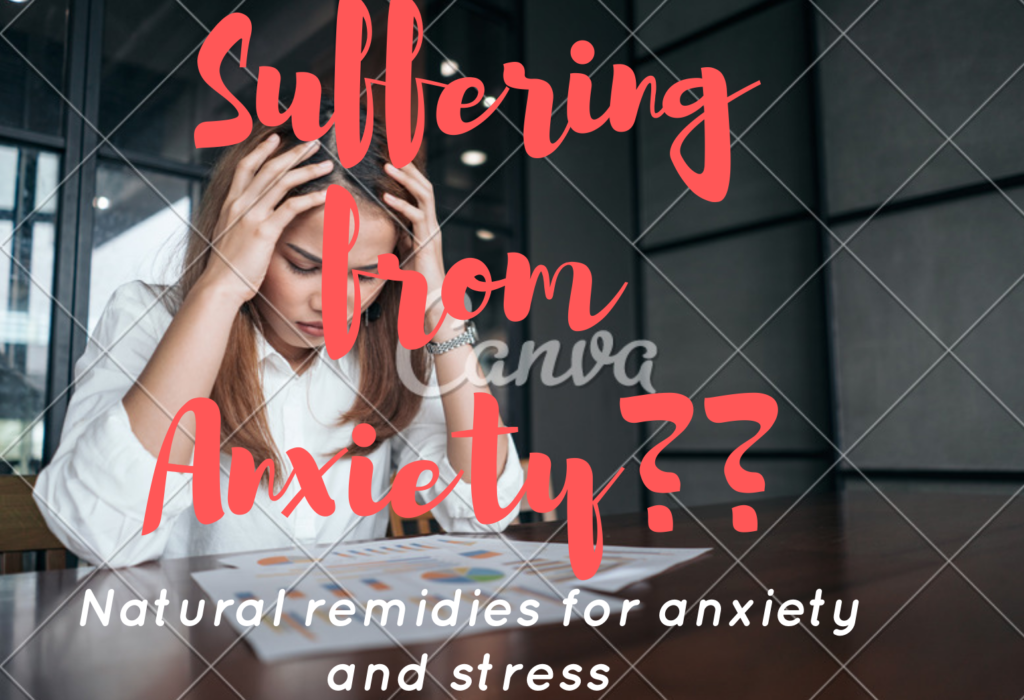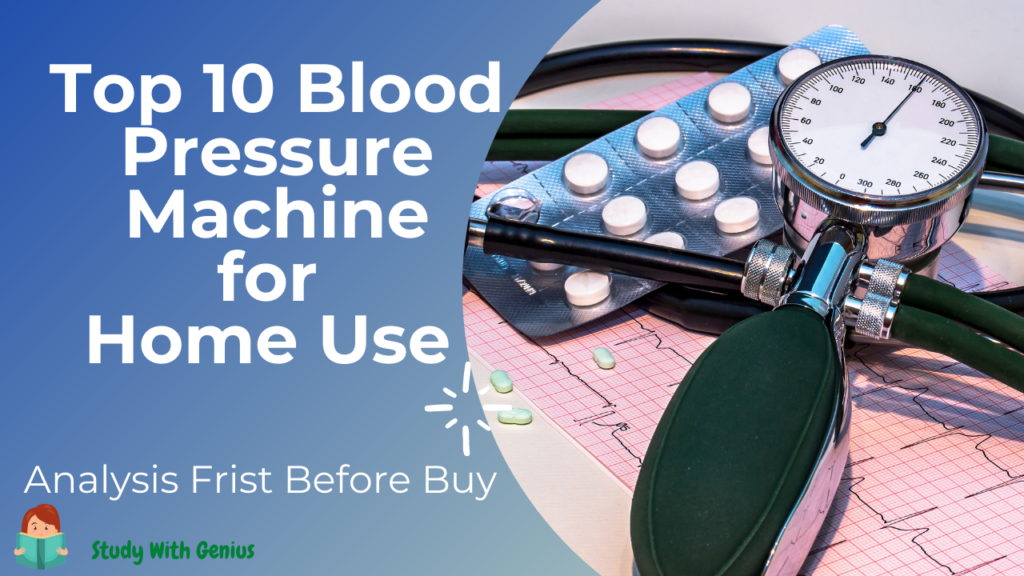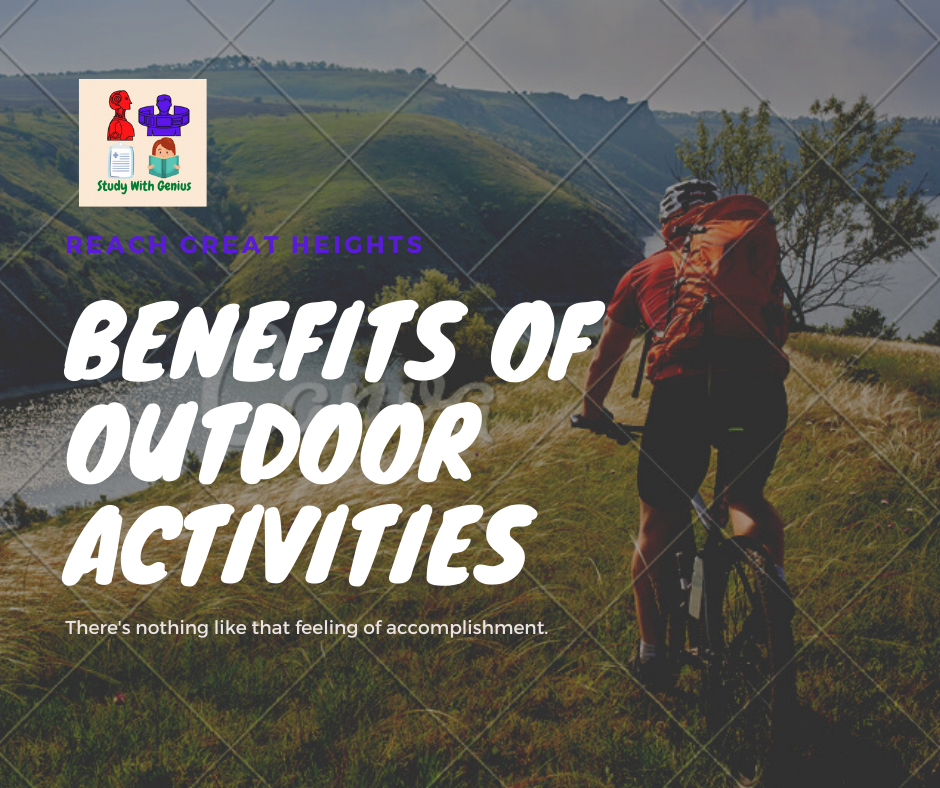
Many people have chronic stress and anxiety. They face many symptoms such as nervousness, depression, agitation, tension, a racing heart, and chest pain.
Some anxiety is a normal part of life. It’s a byproduct of living in an often-chaotic world. Anxiety isn’t all bad, though. It makes you aware of danger, motivates you to stay organized and prepared, and helps you calculate risks. Still, when anxiety becomes a daily struggle, it’s time to act before it snowballs. Unchecked anxiety may greatly impact your quality of life. Take control by trying out the ideas below.
Anxiety :
Anxiety, or fear and worry, can happen to anyone from time to time, too. It’s not unusual to experience anxiety before a big event or important decision.
But, chronic anxiety can be debilitating and lead to irrational thoughts and fears that interfere with your daily life.
Physical symptoms and behavioral changes caused by generalized anxiety disorder include:
- feeling fatigued easily
- difficulty concentrating or recalling
- muscle tension
- racing heart
- grinding teeth
- sleep difficulties, including problems falling asleep and restless, unsatisfying sleep
Emotional symptoms of anxiety include:
- restlessness, irritability, or feeling on edge
- difficulty controlling worry or fear
- dread
- panic
Suicide prevention
If you think someone is at immediate risk of self-harm or hurting another person:
- Call 911 or your local emergency number.
- Stay with the person until help arrives.
- Remove any guns, knives, medications, or other things that may cause harm.
- Listen, but don’t judge, argue, threaten, or yell.
If you or someone you know is considering suicide, get help from a crisis or suicide prevention hotline. Try the National Suicide Prevention Lifeline at 800-273-8255.
1. Exercise

If the benefits of physical activity are legion, so are the reasons for avoiding it. We’ve got suggestions for adding some to your day.
It’s a proven mood-booster that’s good for your body and mind. Exercise also raises your self-esteem and confidence and can improve your relationships. And it’s considered to be a treatment for mild to moderate depression.
High-energy and frequent exercise is best. Aim to do it at least 3-5 times a week. If you need motivation, go with friends or join a group, suggests psychiatrist Ken Braslow, MD.
2. Meditation

Meditation can help to slow racing thoughts, making it easier to manage stress and anxiety. A wide range of meditation styles, including mindfulness and meditation during yoga, may help.
A main goal of meditation is to remove chaotic thoughts from your mind and replace them with a sense of calm and mindfulness of the present moment. Meditation is known for relieving stress and anxiety. Research from John Hopkins suggests 30 minutes of daily meditation may alleviate some anxiety symptoms and act as an antidepressant.
3. Writting Everything

Finding a way to express anxiety can make it feel more manageable.
Some research suggests that journaling and other forms of writing can help people to cope better with anxiety.
A 2016 study, for example, found that creative writing may help children and teens to manage anxiety.
4. Spend Maximum times with friends & family

Social support from friends and family can help you get through stressful times.
Being part of a friend network gives you a sense of belonging and self-worth, which can help you in tough times.
One study found that for women in particular, spending time with friends and children helps release oxytocin, a natural stress reliever. This effect is called “tend and befriend,” and is the opposite of the fight-or-flight response .
Keep in mind that both men and women benefit from friendship.
Another study found that men and women with the fewest social connections were more likely to suffer from depression and anxiety.
5. Listening Music

In our everyday life, we come across many ups and downs but just by listening to our favourite music we can get ourselves out from that bad state of mind.Through this poster portrait the different roles of music. Music can act as a therapy, it helps to lift mood and thus boosts productivity after long exposure to study or work .After large hours of study or work one single music can break the monotony and make working more effective. Music stimulates the brain which helps with pain relief, reducing stress. Sometimes music can help to lower blood pressure and heart rate after physical exertion. Music also plays a great role in reduction of anxiety, improvement of sleep quality ,mood ,mental alertness and memory.
So in other words music is the medicine of the mind.
6. Cuddle

Cuddling, kissing, hugging and sex can all help relieve stress.
Positive physical contact can help release oxytocin and lower cortisol. This can help lower blood pressure and heart rate, both of which are physical symptoms of stress.
Interestingly, humans aren’t the only animals who cuddle for stress relief. Chimpanzees also cuddle friends who are stressed.
7. Laugh Out Loud

It’s hard to feel anxious when you’re laughing. It’s good for your health, and there are a few ways it may help relieve stress:
- Relieving your stress response.
- Relieving tension by relaxing your muscles.
In the long term, laughter can also help improve your immune system and mood.
A study among people with cancer found that people in the laughter intervention group experienced more stress relief than those who were simply distracted .
Try watching a funny TV show or hanging out with friends who make you laugh.
More paths-
- Aromatherapy
- Herbal Teas
- Eat some heathy diet
- Chew gum
- Stay positive
- Have pets & enjoy with them








